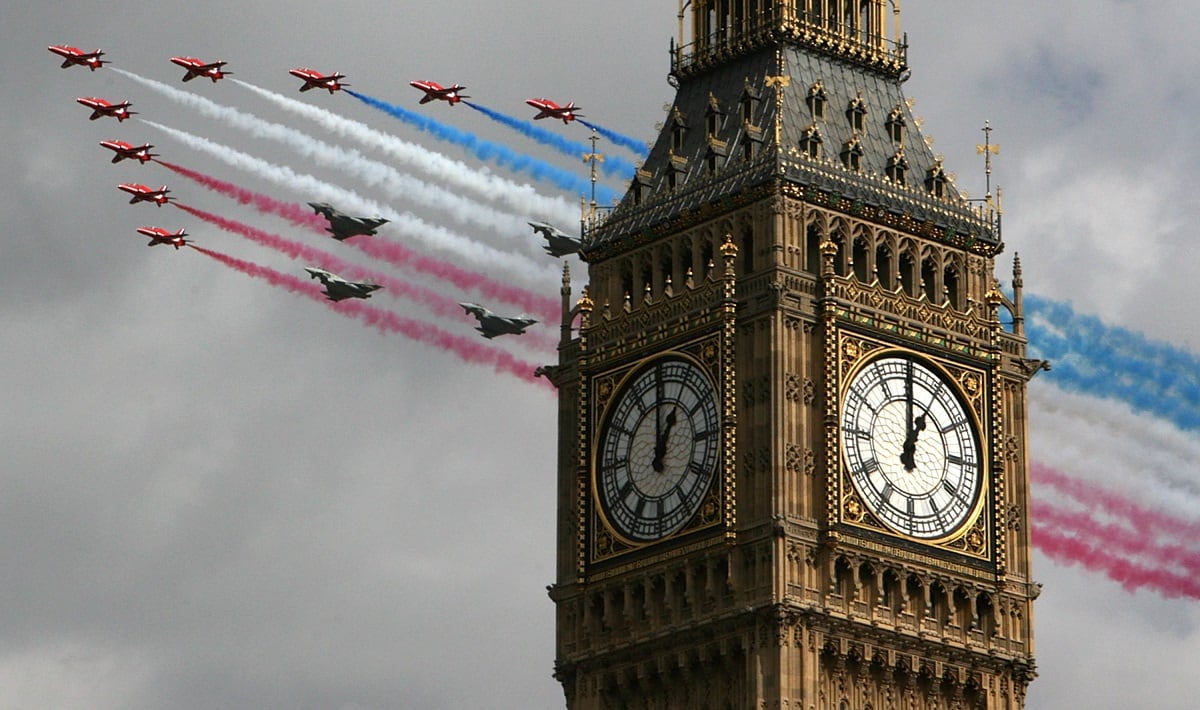It sounds like a classic “Brady Bunch” episode: NATO’s infatuation with the Russian threat leaves some allies feeling neglected. Just read the interview with Portuguese Defence Minister José Alberto Azeredo Lopes.
So is it fair? Are we — and by we I mean the members of the alliance with enough influence to drive strategy — failing to meet the obligation of collective defense by focusing too squarely on a single adversary looming large to some, but peripheral at best to others?
To answer that question, one has to understand the nature of the threat. The problem in the case of Russia is that the nature of the threat varies dramatically depending on the country — region even — in question. Certainly, sound argument can be made that the threat of Moscow is profound for nations that make up the eastern flank. While perhaps an oversimplification, the annexation of Crimea in 2014 proved that Russian President Vladamir Putin is willing to breach international law for a geopolitical victory. Similarly, its cyberattacks against Estonia in 2007, amid the Estonian-Russian row about the Bronze Soldier of Tallinn relocation, showed both a willingness and an aptitude to use hybrid tactics to bully. Both situations were a reality check, not only to the countries involved but the international community, too.
Nations along Russia’s borders were in a precarious position and NATO needed to pay better attention.
But a military action of the likes of Crimea against a nation with the backing of the collective NATO — something that Ukraine did not have — would be a far bolder and more dangerous move for Moscow. And while the Estonia cyberattacks were indeed a wake-up call — an embarrassing one for the international community that had only just begun to see cyberwar as anything more than hyperbole — NATO has stepped up its expertise and its policies to better counter such things. The notion that a cyberattack that threatens critical military and civilian infrastructure could trigger Article 5 matters to Russia, whether or not officials would admit as much.
Stakes are higher now.
RELATED

Ian Bond, director of foreign policy at the Centre for European Reform, put it this way in a piece produced by Carnegie Europe: “Russia is a threat to Europe only because Europe allows it to be. Vladimir Putin has been very adept at maximizing the effectiveness of the tools he has, keeping the West off-balance and leaving its leaders with a feeling of impotence.”
As he put it, “threats are a function of relative power, in which Europe is far superior to Russia, and relative will, in which it is lacking.”
That’s not to say Russia is not a threat worth countering. But for NATO specifically, policy and doctrine — and perhaps most importantly, investment — should reflect the collective threat that Russia poses: This is a country with increasingly sophisticated hybrid warfare capabilities and a powerful military industrial base.
Advance our own technological capabilities and provide global allies with access to better and affordable military platforms and you cut them off to some degree at the knees.
What NATO should not do is anoint more power upon Russia than the country has earned.
Should its members funnel the vast majority of defense dollars toward a perceived threat from a country whose own economy is in shambles and whose global influence is nowhere near as grand as its leaders might have the world believe? Certainly they should not do either of those things at the expense of security investments and strategy that ensure other adversaries — arguably more threatening ones, such as Iran, North Korea and, yes, terrorist groups that have yet to disappear entirely — are kept in check.
Jill Aitoro is editor of Defense News. She is also executive editor of Sightline Media's Business-to-Government group, including Defense News, C4ISRNET, Federal Times and Fifth Domain. She brings over 15 years’ experience in editing and reporting on defense and federal programs, policy, procurement, and technology.







